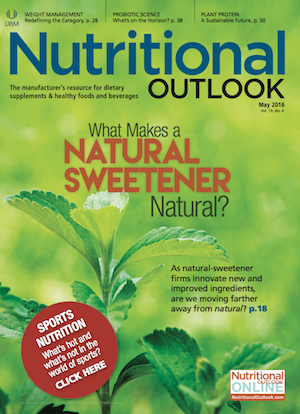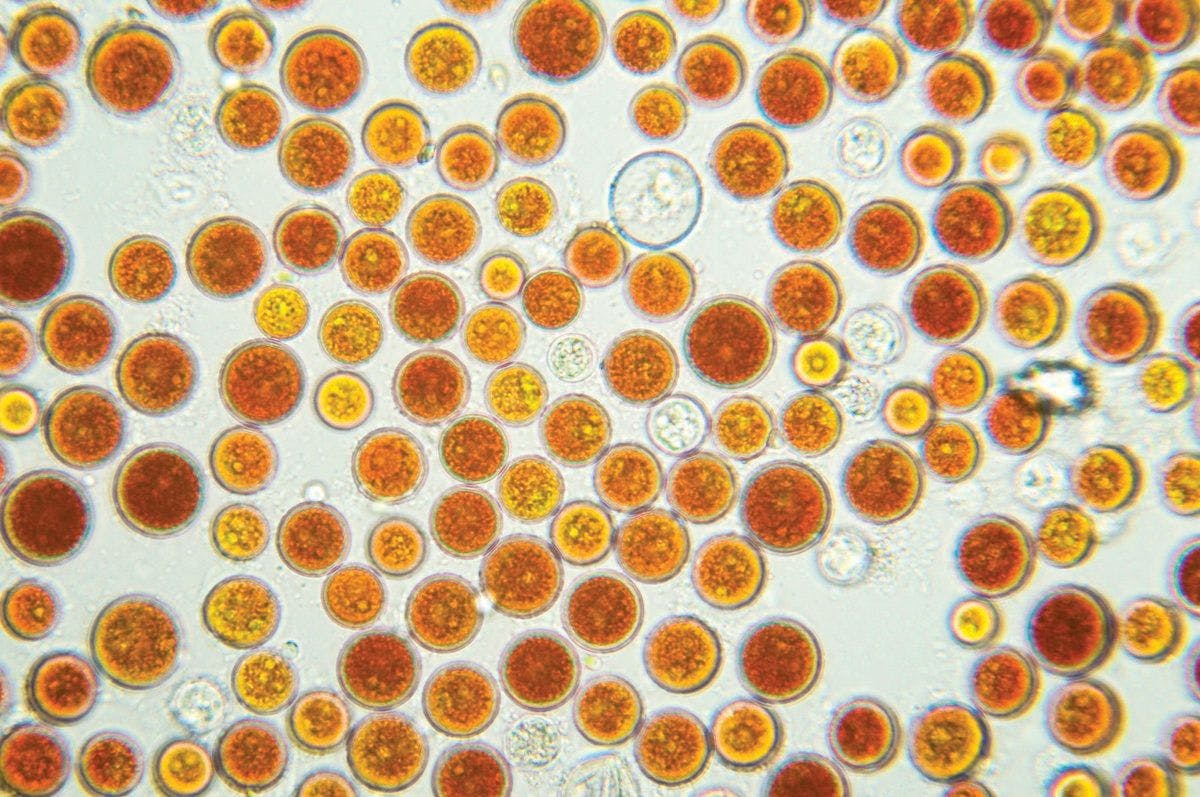What Will FDA Define as a “Natural” Sweetener?
In this issue, we turn to the always-hot topic of natural sweeteners. With certain stevia producers now purportedly on the cusp of bringing fermentation-derived stevia ingredients to market, as opposed to sweetener extracted solely from the stevia leaf, it’s an opportune time to revisit the debate over whether such fermented sweeteners are still considered natural.
With no real definition for the word natural, for now the conclusion is that natural-product consumers, leveraging their dollars, will ultimately vote on whether there is demand for fermentation-derived stevia, natural or not. If consumers like the price, taste, and sustainability benefits fermentation-derived stevia ingredients bring to the table, regardless of natural distinction, it will be a huge win for companies like Cargill who are hoping to kick off this new segment of the stevia market. (Read our cover story here.)
But if FDA finally decides to officially define natural, and that definition ultimately somehow excludes fermentation production, what then? Would fermentation-derived stevia no longer be able to wear the “natural” halo so integral to the marketing of plant-derived sweeteners like stevia and monk fruit?
Well, FDA has been moving toward a definition and for the past half year been accepting comments on the use of natural in food labeling. An FDA definition would provide clarity so sorely lacking in the ongoing flood of class action and private-party lawsuits over whether companies can call their food and beverage products “natural.” Unsurprisingly, the agency says it received numerous citizen petitions and requests from federal courts to assign a regulatory definition.
Would FDA exclude fermentation from the definition of natural? On its website calling for comments, the agency mentions its longstanding view of the term: “The FDA has considered the term ‘natural’ to mean that nothing artificial or synthetic (including all color additives regardless of source) has been included in, or has been added to, a food that would not normally be expected to be in that food.” It adds, “this policy was not intended to address food production methods, such as the use of pesticides, nor did it explicitly address food processing or manufacturing methods, such as thermal technologies, pasteurization, or irradiation. The FDA also did not consider whether the term ‘natural’ should describe any nutritional or other health benefit.”
According to Chris Tower, president of monk fruit and stevia ingredients supplier Layn USA Inc. (Newport Beach, CA), FDA’s statements are “telling.” Ultimately, however, there’s just no way to know for sure whether the agency is likely to embrace fermentation. Aside from that, Tower says that where the average consumer will end up drawing the line “is the billion-dollar question.” Please turn to page 18 to read more.
Before I sign off on this issue, I’d also like to turn your attention to an important initiative that we at Nutritional Outlook are taking on together with our partners and readers: supporting the children of the water crisis in Flint, MI.
You’ve likely seen the news coverage: Flint’s change of water source in 2014 to the Flint River corroded plumbing, allowing lead to leach into tap water. With an estimated $1.5 billion price tag and 30-year time frame for pipe replacement, there simply is no quick or easy fix. But for affected adults and children, life goes on.
Nutritional Outlook wants to team up with the nutraceutical industry to come together in support of the Flint community. Can you help? Your generous tax-deductible donation to the Flint Child Health & Development Fund, established by the Community Foundation of Greater Flint, is an investment in the chance for Flint’s children to enjoy healthier lives. Nutritional Outlook’s parent company, UBM, and its nonprofit arm will match the funds that we raise together, according to the scale of our response. For more information, visit www.nutritionaloutlook.com/helpflint. Please help.
Jennifer Grebow
Editor-in-Chief
Also read:
What If FDA Regulates “Natural” Claims on Food Labels?
Without a Regulatory Definition for Natural, Industry Still in Limbo

Prinova acquires Aplinova to further increase its footprint in Latin America
April 7th 2025Prinova has recently announced the acquisition of Brazilian ingredients distributor Aplinova, which is a provider of specialty ingredients for a range of market segments that include food, beverage, supplements, and personal care.
























